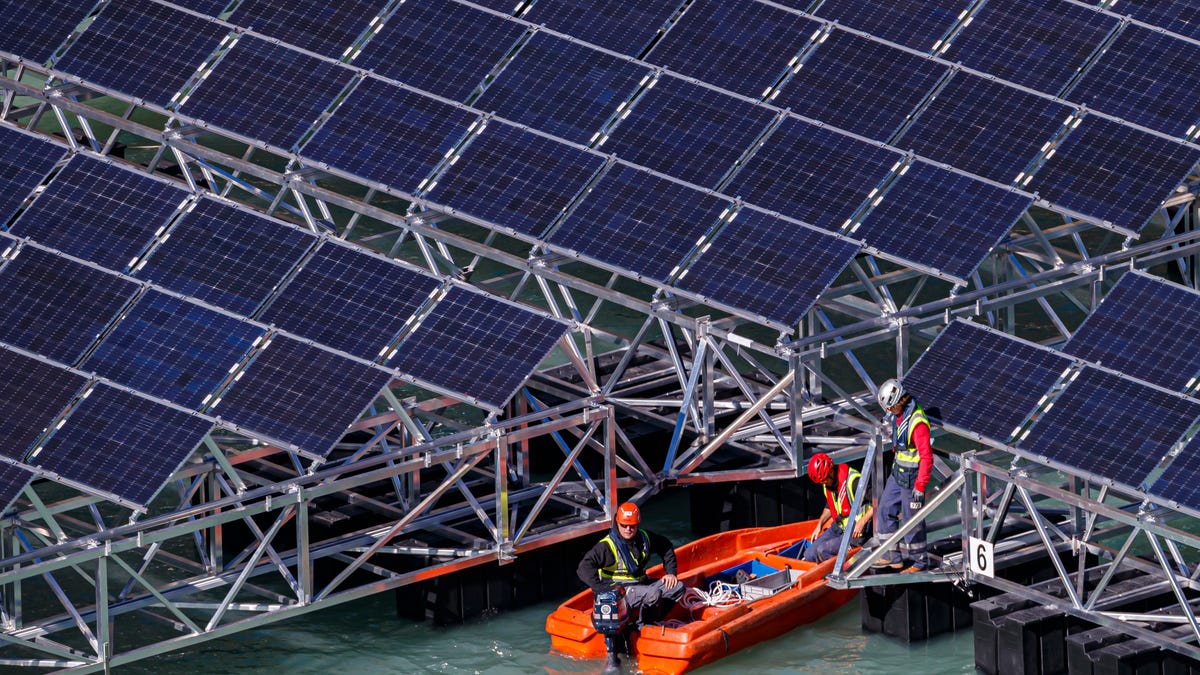In a landmark referendum in the Valais canton of southern Switzerland, voters rejected a proposal to allow the construction of large solar parks on their sun-drenched Alpine mountainsides. This decision comes as part of the federal government’s efforts to promote renewable energy sources. The referendum, which centered on economic and environmental concerns amidst growing fears about climate change, saw 53.94% of voters opposing the plan, with a voter turnout of 35.72%.
The vote served as a significant test of public opinion, with unlikely political alliances forming due to “Not-in-my-backyard” opposition to the project. Critics argued that the solar parks would mar the picturesque Swiss mountain landscapes. While the rejection does not completely prohibit the development of solar parks by the private sector, it does impede the region’s progress, as Valais boasts abundant sunshine and is considered an ideal location for such projects. Other regions, such as central Bern Oberland and eastern Graubünden, are now in competition for substantial federal funding, which could cover up to 60% of financing for large solar parks.
Proponents of the plan highlighted the benefits of solar power in Switzerland, noting that the country heavily relies on hydropower, primarily available during the summer. They argued that high-altitude solar parks above cloud cover would provide a reliable, renewable energy source during the winter, when the country imports electricity. Advocates also emphasized that federal funding would expedite the development of solar power.
Opposition to the plan brought together environmental groups and Switzerland’s conservative populist party. They contended that solar parks would be industrial eyesores on Switzerland’s pristine mountains and advocated for greater focus on outfitting buildings and homes in urban areas where the energy would be consumed.
The local chapter of the Swiss People’s Party stated on its website, “Through its giant dams, Valais has already contributed a significant share of electricity to the country. Adding another environmental degradation to this first one is unacceptable. Ransacking our Alps for the benefit of greedy foreign operators and their no-less-greedy local affiliates can only be an evil enterprise and be to our detriment.”
Despite the setback, Valais lawmakers and officials continue to advocate for the construction of large solar parks. The regional council had previously passed a decree authorizing their development, with an 87-41 majority in February. The federal energy department has received approximately 40 to 50 proposals for similar projects across Switzerland.
Swiss federal authorities have set a target of 2 billion GWh in new solar energy under legislation introduced in September 2022, aimed at promoting solar energy development. Certain areas, such as nature reserves, are excluded from potential development.
Focusing on climate change concerns and the country’s renowned glaciers, Swiss lawmakers have already passed a plan that commits Switzerland to achieving “net-zero” emissions by 2050. Additionally, they have allocated over 3 billion Swiss francs (approximately $3.4 billion) to help companies and homeowners transition away from fossil fuels.
Denial of responsibility! Vigour Times is an automatic aggregator of Global media. In each content, the hyperlink to the primary source is specified. All trademarks belong to their rightful owners, and all materials to their authors. For any complaint, please reach us at – [email protected]. We will take necessary action within 24 hours.


